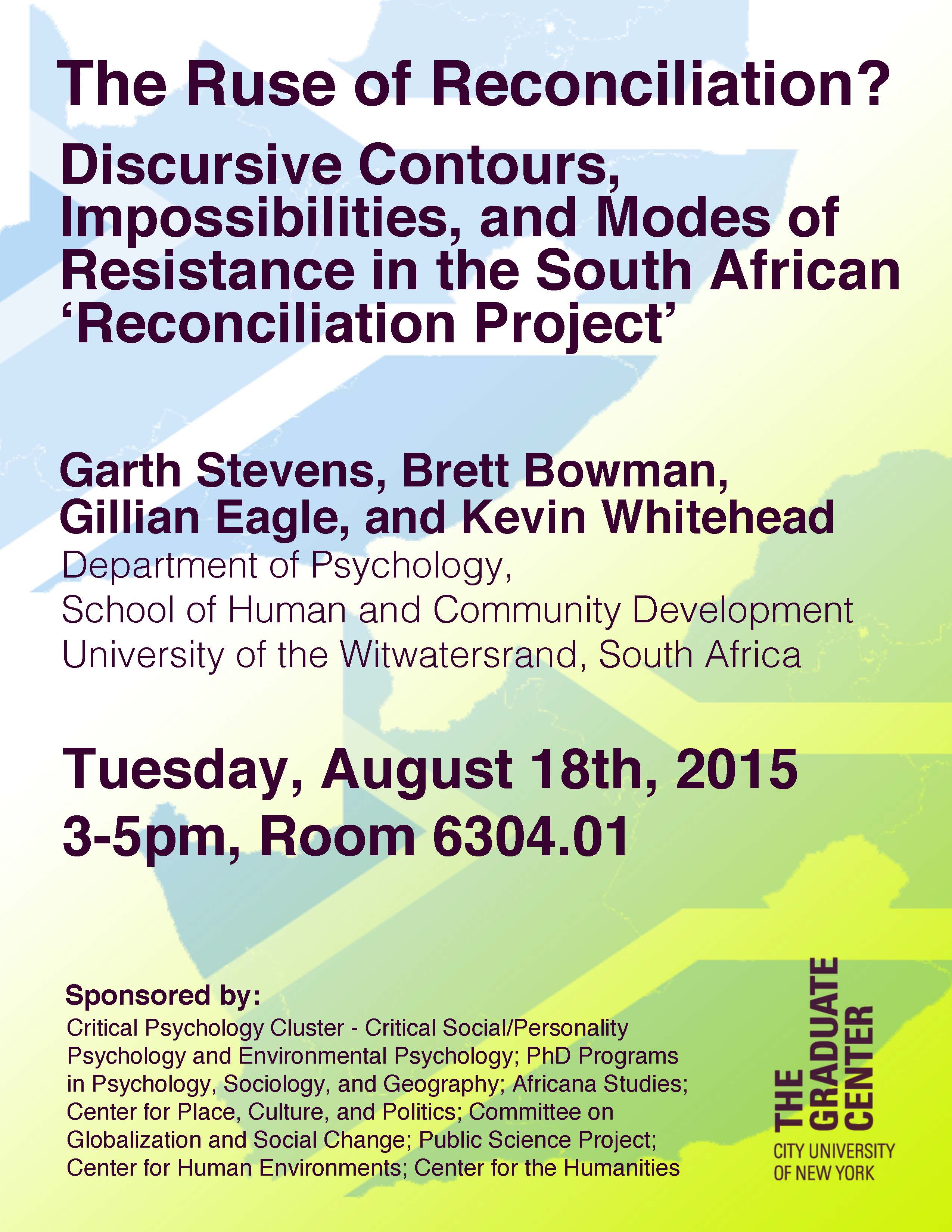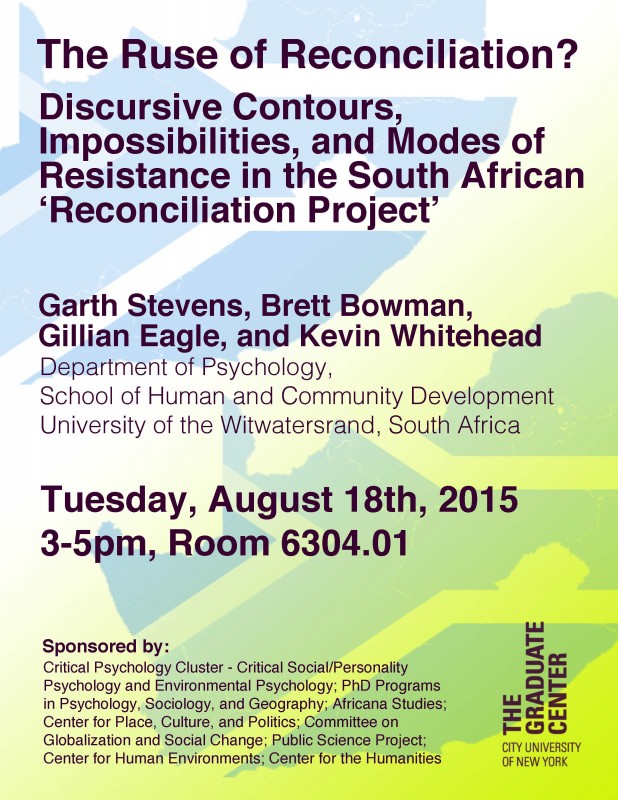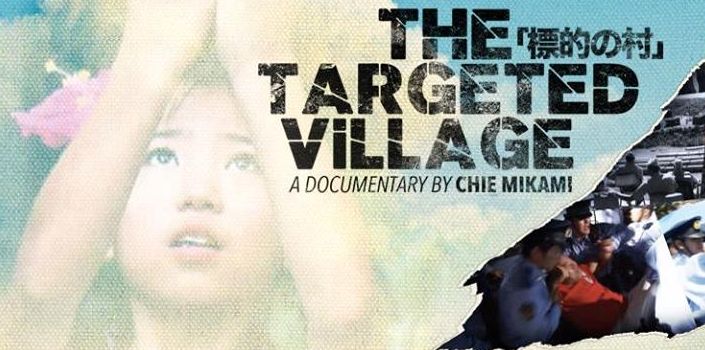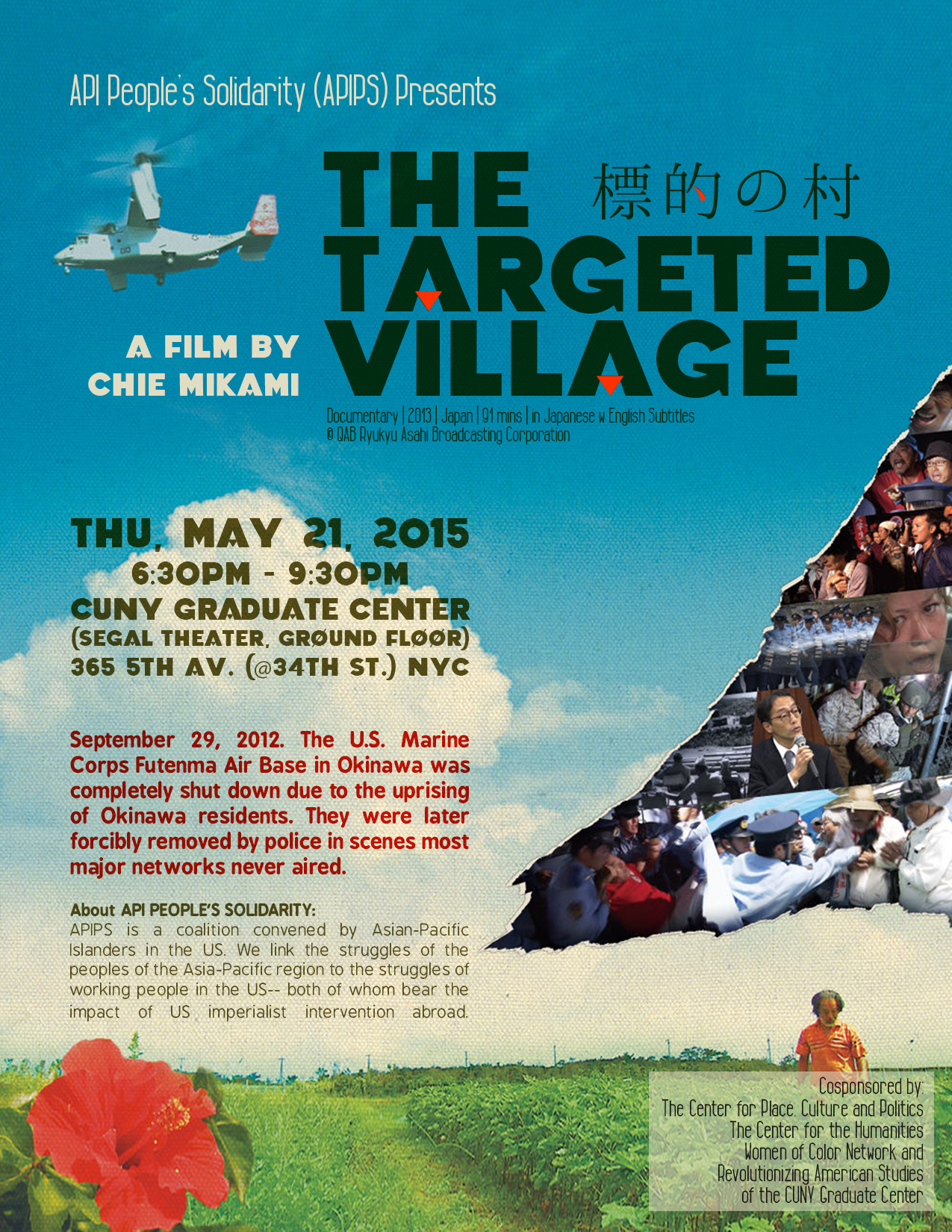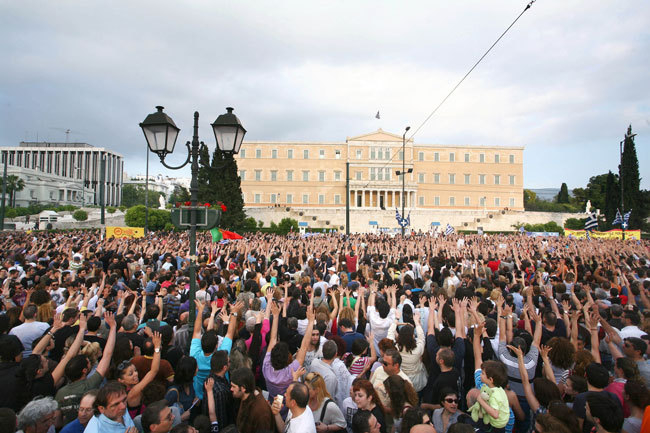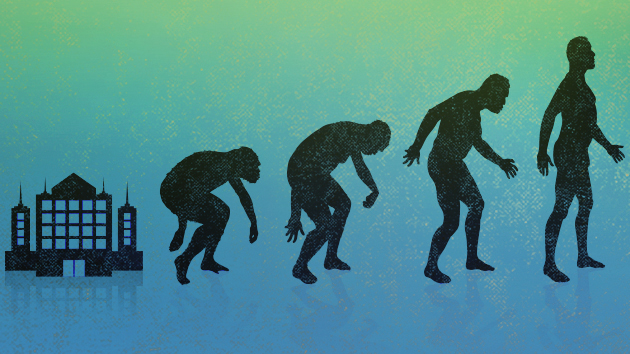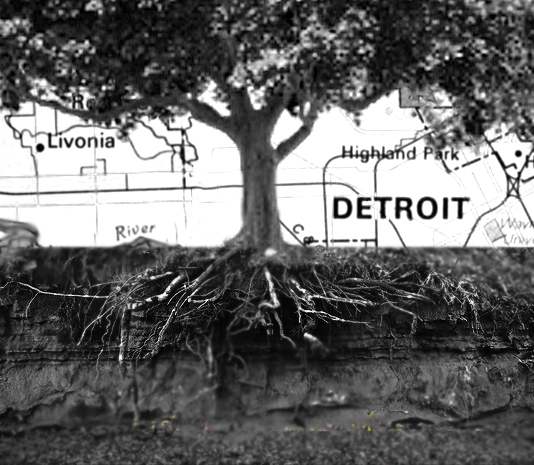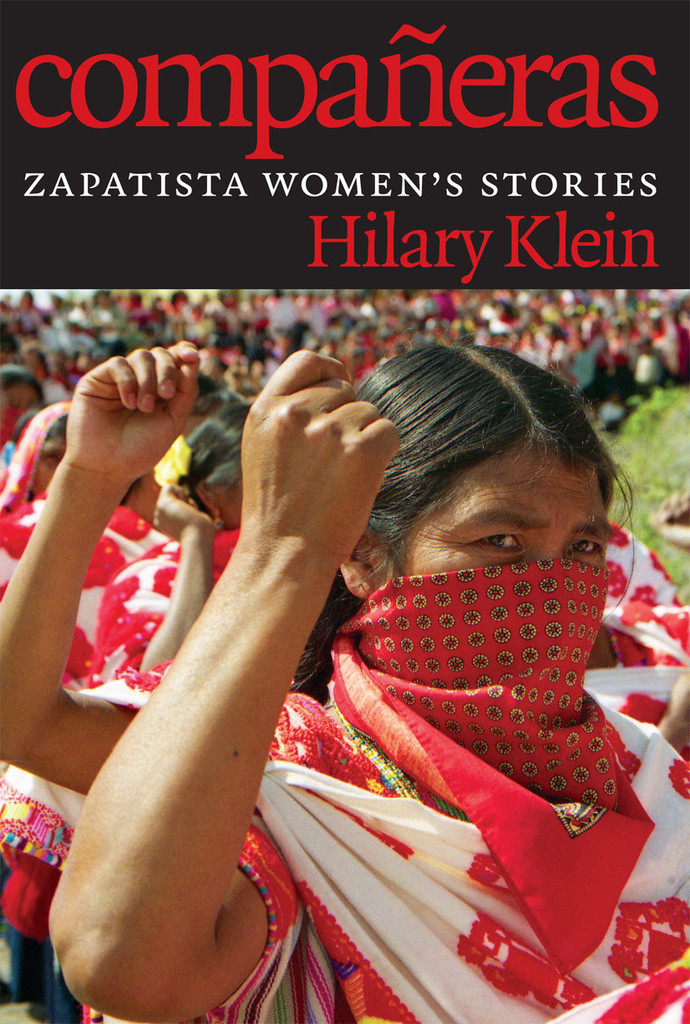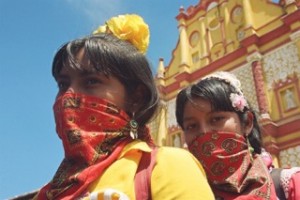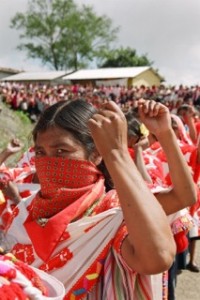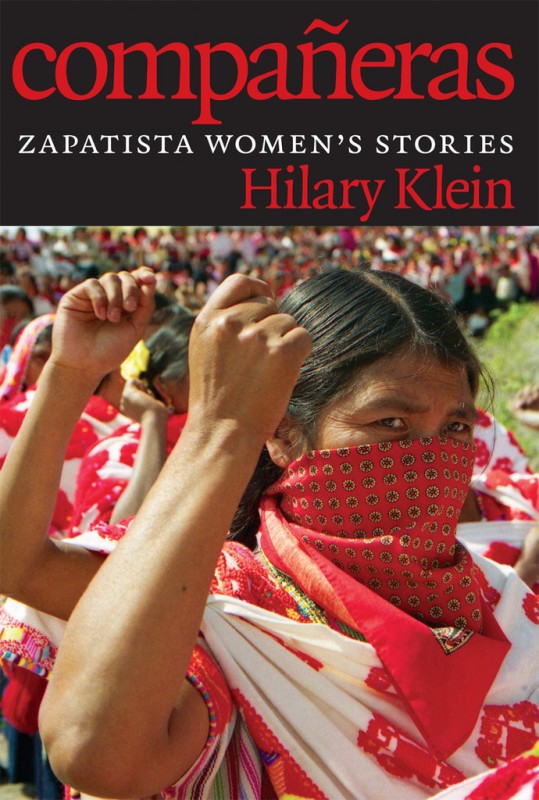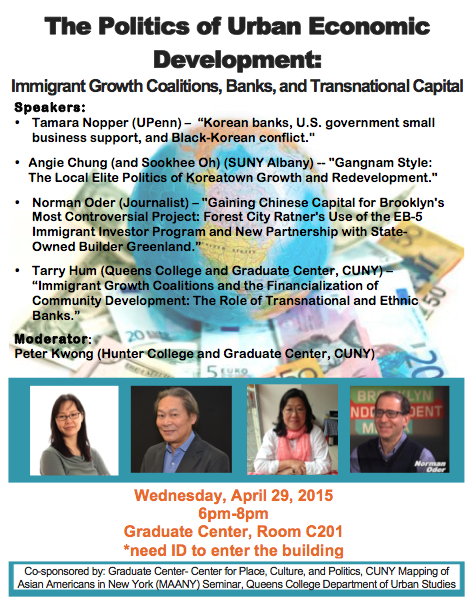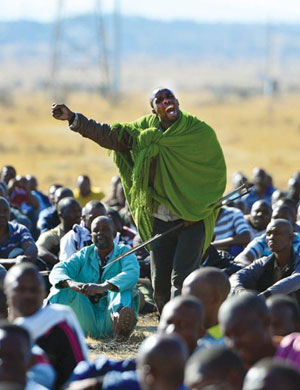The Ruse of Reconciliation? ; Garth Stevens, Brett Bowman, Gillian Eagle, & Kevin Whitehead: Tuesday, August 18th, 2015, 3:00-5:00 pm
08/18/2015
3:00 pm - 5:00 pm
Room 6304.01
Please join Garth Stevens, Brett Bowman, Gillian Eagle, & Kevin Whitehead, from the Department of Psychology, School of Human and Community Development, University of the Witwatersrand, South Africa for a symposium on Tuesday, August 18th, 2015, 3:00-5:00 pm, Room 6304.01 (Psychology).
The Ruse of Reconciliation?
Discursive Contours, Impossibilities, and Modes of Resistance
in the South African ‘Reconciliation Project’
In this symposium we interrogate the ‘reconciliation project’ in South Africa that has become embedded in the trope of the exceptional miracle and highlight the prospects and problematics of reconciliation. The symposium addresses three related arguments. We first explore forgiveness and reconciliation as a fluid discourse that has served varied socio-political functions across historical periods. Second, we examine the limitations of forgiveness and its circular impossibility, as the injunction to forgive calls on us to forgive that which is unforgiveable in the Derridean sense. Third, we argue that in the absence of social repair and with growing inequality, the historical and collective trauma of apartheid violence is drawn upon as a psychological and socio-political resource. The symposium concludes with a commentary on reconciliation as a discourse that is implicated in the constitution of relations of power, both at the level of its reproduction and resistance in South African life.
Garth Stevens is a Full Professor and Clinical Psychologist in the Department of Psychology, School of Human and Community Development, at the University of the Witwatersrand in South Africa. His research focuses on race, racism and related social asymmetries; critical psychology, ideology, power and discourse; violence and its prevention; and historical/collective trauma and memory. He has published widely in these areas, including Race, memory and the apartheid archive: Towards a transformative psychosocial praxis (Palgrave Macmillan, 2013).
Brett Bowman is an Associate Professor in the Department of Psychology, School of Human and Community Development, at the University of the Witwatersrand in South Africa. His research is on the intersections of violence and social asymmetries in low-middle income countries. His current research examines how risks for violence translate into its enactments. He has published widely and contributed to the World Bank’s Diseases and mortality in Sub-Saharan Africa: Violence prevention in low- and middle income countries and the World Health Organization’s Violence and health in the WHO African region.
Gillian Eagle is a Full Professor of Psychology in the School of Human and Community Development at the University of the Witwatersrand in South Africa, and a Clinical Psychologist. She conducts research on socio-cultural, historical and political aspects of trauma and violence, focusing on the inter-relationship between the socio-political and intra-individual domains of human experience. Her 2010 co-authored book, Traumatic stress in South Africa, has re-invigorated the construct, continuous traumatic stress, and she co-edited a 2013 special issue of Peace and Conflict: The Journal of Peace Psychology on this topic.
Kevin Whitehead is an Associate Professor in the Department of Psychology, School of Human and Community Development, at the University of the Witwatersrand in South Africa. His current research involves applying ethnomethodological and conversation analytic approaches to embodied action-in-interaction in order to examine how violent encounters unfold in situ. He has published methodological and empirical research articles in a range of international journals including Social Psychology Quarterly, British Journal of Social Psychology, Research on Language and Social Interaction, Discourse& Society, and Ethnic and Racial Studies, amongst many others.
Co-Sponsors: Critical Psychology Cluster (PhD Programs in Critical Social/Personality Psychology and Environmental Psychology); PhD Programs in Psychology, Sociology, and Geography; Africana Studies; The Center for Place, Culture, and Politics; Committee on Globalization and Social Change; The Public Science Project; The Center for Human Environments; and The Center for the Humanities
This event is free and open to the public
FILM: The Targeted Village
05/21/2015
6:30 pm - 9:00 pm
Martin E. Segal Theatre
Thursday, May 21, 2015
At 6:30 p.m.
CUNY Graduate Center, Segal Theater (Ground floor)
365 5th Ave, New York, NY 10016
“The Targeted Village” focuses on the residents of Takae district in northern Okinawa, their recent protests against the construction of U.S. military helipads and deployment of Osprey helicopters, and the Japanese government’s attempt to coax and silence them. Released in Japan in 2014, the 91-minute film is based on an award-winning TV program produced by Chie Mikami. The film takes its title from Takae’s history, where the U.S. military used their land and residents as a mock target in jungle warfare training during the Vietnam War. The subtropical rainforest surrounding Takae is still being used for U.S. Marine Corps training, including guerrilla attacks, infantry training and helicopter drills. The contested deployment of MV-22 Osprey aircrafts at the Futenma Air Base was met with an unprecedented, complete shutdown of the Air Base by Okinawa residents. They were later forcibly removed by police in scenes most major networks never aired. According to Mikami, the film “showed well who the people of Okinawa are fighting against and why they are forced to fight such a battle.”
The film will be followed by short presentations about Okinawa struggles and Q&A session with an Okinawa native Megumi Chibana (University of Hawai’i) and Yuko Tonohira (Sloths Against Nuclear State, NYC) who have been supporting on-the-ground struggles in Okinawa.
Refreshments to follow at the Center for Place, Culture and Politics seminar room 6107.
Cosponsored by:
Asia-Pacific Islanders People Solidarity (APIPS)
The Center for Place, Culture and Politics, CUNY Graduate Center
The Center for the Humanities, CUNY Graduate Center
Revolutionizing American Studies, CUNY Graduate Center
This event is free and open to the public.
Societies in Movement or Politics as Usual?
05/21/2015
3:00 pm
Room 5109, CUNY Graduate Center
May 21, 2015
3pm
Room 5109
The Graduate Center, CUNY
Marina Sitrin will open a discussion on how we might understand many of the struggles that have been taking place around the world over the past few years – with a particular focus on Greece and Argentina, where she has spent time. Using the concept of societies in movement rather than social movements, the discussion will focus on those movements where people are looking to one another for power and transformation – and not formal institutions of power – while taking into consideration the rise of left political parties and governments. Examples to be discussed include struggles to defend the earth and the recuperation of workplaces, media and health care.
Marina Sitrin is a writer, activist and scholar. She is the co-author of They Can’t Represent US: Reinventing Democracy from Greece to Occupy (Verso Press, June 2014) as well as the author of Horizontalism: Voices of Popular Power in Argentina (AK Press, 2006) Everyday Revolutions: Horizontalism and Autonomy in Argentina (Zed Books: 2012). Her work focuses on social movements and justice, specifically looking at new forms of social organization, such as autogestión, horizontalidad, prefigurative politics and new affective social relationships. Her forthcoming book with UC Press argues for an expansion of social movement theory putting forward the argument of societies in movement.
This event is sponsored by The Committee on Globalization and Social Change and The Center for Place, Culture and Politics.
It is free and open to the public.
Floating Debts: Colonial Charter Companies, African Natives, and the Legal Ancestors of Human Rights
05/12/2015
5:30 pm - 7:30 pm
Room 5414
A talk by Joseph Slaughter, Associate professor of English and Comparative Literature at Columbia University and moderated by Peter Hitchcock, Professor of English at Baruch College and the Graduate Center of the City University of New York
May 12, 2014
5:30 – 7:30 p.m.
Room 5414, Graduate Center, CUNY.
Do we owe human rights to corporations? Recent histories of international law and human rights have begun to document the important role that nineteenth-century colonialism played in the formation and institutionalization of contemporary international human rights law. This talk considers the possibility that early modern corporate colonialism was a founding condition of contemporary international human rights law, and, furthermore, that the colonial charter company might be said to have opened a space in the international realm in the nineteenth century that human beings would only come to occupy in the middle of the twentieth. The colonial charter company was not merely a vehicle for the pursuit of nineteenth-century colonialism. It was charged with carrying some of what we now call human rights to supposedly backwards peoples in “unenlightened” parts of the earth; but it was itself the bearer of some international rights that we now regard as the human rights of individuals. I argue that a collection of qualities and capacities that we typically think of as uniquely human were first combined and protected at the international level in the legal personalities of charter companies. Corporations, and especially the colonial charter companies, were recognized as international persons in advance of the human beings they ostensibly serve.
BIOS
Joseph Slaughter is associate professor of English and Comparative Literature at Columbia University where he teaches postcolonial literature and theory, African, Caribbean, and Latin American literatures, narrative theory, human rights, and 20th-century ethnic and third world literatures. His first book, Human Rights, Inc.: The World Novel, Narrative Form, and International
Law (Fordham, 2007) was awarded the 2008 René Wellek prize for comparative literature and cultural theory. He is currently completing two books: New Word Orders, on intellectual property and world literature, and Pathetic Fallacies, essays on human rights and the humanities.
Peter Hitchcock is Professor of English at Baruch College and the Graduate Center of the City University of New York. He is also on the faculties of Women’s Studies and Film Studies at the GC. He is the author of five books, including The Long Space, for Stanford University Press. His most recent publications include, “Accumulating Fictions” for Representations,“Immolation” for the Routledge Companion to Literature and Human Rights, “How to Read a Discipline” for Comparative Literature, “Culture and Anarchy in Thatcher’s London” for an anthology on Hanif Kureishi, “( ) of Ghosts” in The Spectralities Reader, “The Space of Time: Chronotopes and Crisis” for Primerjalna Knjizevnost, “Defining the World” in Literary Materialisms and “Everything’s Gone Green: The Environment of BP’s Narrative” for Imaginations. Forthcoming articles include an essay, “Viscosity and Velocity,” for an anthology on oil (Cornell), and an essay on communism titled “The Leninist Hypothesis” for Poetics Today. Forthcoming book projects include a monograph on the cultural representation of labor, a monograph on worlds of postcoloniality, and an edited collection on the New Public Intellectual. He is currently working on two research projects: one about seriality in politics and culture; the other on the aesthetics of commodities and financial instruments.

This event is sponsored by Center for Place, Culture and Politics and the Postcolonial Studies Group at the Graduate Center.
This event is open and free to the public.
Panel: Debt Deliberations: Structural, Institutional, Financial
05/11/2015
5:30 pm - 7:30 pm
Room C198, CUNY Graduate Center
Join us for the panel Debt Deliberations: Structural, Institutional, Financial
May 11th, 2015
5:30-7:30 PM
Room c198
Graduate Center, CUNY
Reception and CPCP end of semester party to follow in room 6112 (Sociology Lounge)
This year the Center for Place, Culture and Politics has been thinking on, through, and beyond debt in its many manifestations. There has been a lot of work on debt in recent times, not least because it has come to dominate so many aspects of our lives. This panel will focus on several core aspects of contemporary debt and how it might be creatively engaged. Are the scales of debt a key to the ways in which it may be canceled?
Jane Pollard: “Financing everyday life: the resurgence of subprime auto loans in the US”
Esther Peeren: “Students and Universities at Risk: Debt and Speculation in Dutch Higher Education”
Sophia A. McClennen “The Rights to Debt”
Introduced by Peter Hitchcock, Associate Director Center for Place, Culture, and Politics, Graduate Center, CUNY
BIOS
Jane Pollard is Professor of Economic Geography in the Centre for Urban and Regional Development Studies (CURDS) and the School of Geography, Politics and Sociology at Newcastle University, UK. She has degrees in Geography (BA, Sheffield University UK, MA McMaster University, Canada) and Urban Planning (UCLA, USA). Her research interests and writing have focused on geographies of money and finance, geographical political economy, and the practices and politics of economic geography as a subdiscipline. Her current research – while a Visiting Scholar in the Center for Place, Culture and Politics at CUNY – focuses on the extension of sub–prime loan markets and the financialisation of social reproduction.
Esther Peeren is Associate Professor of Globalization and Media Studies at the University of Amsterdam, and Vice-Director of the Amsterdam Center for Globalization Studies (ACGS). Her publications include The Spectral Metaphor: Living Ghosts and the Agency of Invisibility (Palgrave Macmillan, 2014) and Intersubjectivities and Popular Culture: Bakhtin and Beyond (Stanford UP, 2008).
Sophia A. McClennen is Professor of International Affairs and Comparative Literature at the Pennsylvania State University, University Park, where she directs the Center for Global Studies. She has published eight books. The most recent Is Satire Saving Our Nation? was co-written with Penn State undergrad Remy Maisel (Palgrave 2014) Her next book is The Routledge Companion to Human Rights and Literature, co-edited with Alexandra Schultheis-Moore (due out from Routledge 2015). In addition she has published over 60 essays and edited six special journal issues. She serves on ten editorial boards and has been elected to executive committees of MLA, ACLA, and IASA. In her current work on Latin American cinema and globalization she is studying the intersections between cultural forms, global change, and ideas of identity.
This event is open and free to the public.
Film Screening: Rerooting the Motor City: Notes on a City in Transformation
05/07/2015
7:00 pm
Skylight Conference Room, 9th Floor
Rerooting the Motor City: Notes on a City in Transformation:
Rerooting the Motor City: Notes on a City in Transformation was produced by Paper Tiger Television members: Maria Byck, Amanda Matles, Nadia Mohamed, Adrienne Silverman. From food deserts, to the plans to “rightsize” the city, Detroiters resist, rework, and remain resilient given the social and ecological failures of post-industrial global capitalism. With a critical lens on race and class dynamics, the human cost of industrial capitalism, produced scarcity and the problematics of frontier mentalities subtending “progressive” politics in the United States today are discussed. Rerooting weaves together segments on Detroit’s labor history, the roots of Detroit’s urban agriculture movement, a critical look at philanthro-capitalism and its relationship to urban renewal, as well as media (mis)representations of a city in transformation.
The screening will be followed by a discussion and Q&A with filmmakers Adrienne Silverman and Nadia Mohamed, and CUNY scholars Cindi Katz and Amanda Matles (Earth and Environmental Sciences), and will be moderated by CUNY scholar Bronwyn Dobchuk-Land (Sociology).
May 7
7:00 pm
Skylight Conference Room, 9th Floor
Book Launch: Landscape of Discontent: Urban Sustainability in Immigrant Paris
05/07/2015
6:00 pm - 8:00 pm
Sociology Lounge, Room 6112
May 7, 2015
6-8 p.m.
Sociology Lounge (Room 6112)
Sustainability has become a ubiquitous concept guiding how urban neighborhoods are reimagined and redeveloped. But is a greener city necessarily a more just city? In Landscape of Discontent, Andrew Newman examines dramatic changes taking place a postindustrial section of Paris to illustrate the connections between the green turn in urban redevelopment and broader transformations in society, politics, and everyday life.
An in-depth look at politics in a multiethnic neighborhood, Landscape of Discontent is an important and timely contribution to current debates concerning integration and cultural difference in France. Through his original focus on urban environmentalism, Newman reveals how a diverse group of residents and activists, many of whom are French Muslims of West African and Maghrebi descent, struggle to reinvent the identity of their neighborhood, and in doing so, redefine their place in the nation.
Andrew Newman is assistant professor of anthropology at Wayne State University in Detroit. He graduated from the CUNY Anthropology program in 2011 and was a Fellow at the Center for Place, Culture, and Politics in 2010-2011 and in 2005-6. His research focuses on urban design social movements, and political ecology in urban areas, and he is currently working on research projects in Detroit and Paris.
This event is open and free to the public.
Book Talk: Compañeras: Zapatista Women’s Stories By Hilary Klein
05/06/2015
6:00 pm - 8:00 pm
Sociology Lounge, Room 6112
May 6, 2015
6:00 p.m. to 8:00 p.m.
The Sociology Lounge, the Graduate Center, CUNY.
Compañeras is the untold story of women’s involvement in the Zapatista movement. In 1994, the Zapatista movement captured the world’s attention with its brief armed uprising, demanding political, economic, and social equality for the rural population of Chiapas, Mexico. Since then, this indigenous rebellion has inspired grassroots activists around the world.
Prior to 1994, the indigenous women of Chiapas were often forced into arranged marriages and confined to the private sphere; they had little access to birth control, and domestic violence was widespread. But gender roles were radically redefined in the context of the Zapatista movement, as women became guerrilla insurgents and political leaders, healers and educators, and members of economic cooperatives. Gathered here are the stories of grandmothers, mothers, and daughters who worked collectively to construct a new society of dignity and justice. Zapatista women have played a key role not only in creating and maintaining indigenous autonomy, but also in making great strides towards the liberation and equality of indigenous women.
HILARY KLEIN spent six years in Chiapas, Mexico, working with women’s projects in Zapatista communities. After she compiled a book of Zapatista women’s testimony to be circulated in their own villages, women in the Zapatista leadership suggested that Hilary compile a similar book for an outside audience.
Hilary has been engaged in social justice and community organizing for twenty years. After spending five years at Make the Road New York, a membership organization that builds the power of immigrant and working-class communities, she will join the Center for Popular Democracy this May. She is originally from Washington, DC, and received her BA in Political Science from UC Berkeley.
The Politics of Urban Economic Development: Immigrant Growth Coalitions, Banks, and Transnational Capital
04/29/2015
6:00 pm - 8:00 pm
Room C201
Wednesday, April 29, 2015
6pm-8pm
Graduate Center, Room C201
*need ID to enter the building
Due to lack of availability of equipment, this event will NOT be livestreamed.
The room seats 40. First come, first serve, seating.
Speakers:
Tamara Nopper (UPenn) – “Korean banks, U.S. government small business support, and Black-Korean conflict.”
Angie Chung (and Sookhee Oh) (SUNY Albany) — “Gangnam Style: The Local Elite Politics of Koreatown Growth and Redevelopment.”
Norman Oder (Journalist) – “Gaining Chinese Capital for Brooklyn’s Most Controversial Project: Forest City Ratner’s Use of the EB-5 Immigrant Investor Program and New Partnership with State-Owned Builder Greenland.”
Tarry Hum (Queens College and Graduate Center, CUNY) – “Immigrant Growth Coalitions and the Financialization of Community Development: The Role of Transnational and Ethnic Banks.”
Moderator:
Peter Kwong (Hunter College and Graduate Center, CUNY)
Sponsored by the Graduate Center-The Center for Place, Culture, and Politics, CUNY Mapping of Asian Americans in New York (MAANY) Seminar, Queens College Department of Urban Studies.
Luke Sinwell: Insurgent Trade Unionism in South Africa: Mining, Capitalism and the Spirit of Marikana
04/28/2015
6:00 pm - 8:00 pm
Room C201
April 28, 2015
6 p.m.-8 p.m.
Room c201
The Graduate Center, CUNY.
The Marikana massacre, which witnessed 34 mineworkers being gunned down by the police on 16 August 2012 arguably marked a key turning point in South African history. However, we know very little about the informal networks that were created by mineworkers in order to challenge management not only at Lonmin (Marikana), but also at Amplats and Impala – respectively these are the three largest platinum mines in the world. The presentation is a glimpse into the first (forthcoming) book which offers extensive workers’ testimonies in relation to the contemporary South African mineworkers’ movement since “Marikana: A View from the Mountain and a Case to Answer”.
Drawing primarily from ethnographic research over a period of more than 18 months, Luke Sinwell details how mineworkers united with each other and, in some cases, died while fighting for their rights. It illuminates the micro-processes through which the idea of ‘a living wage’ of R12 500 and R16 070 first emerged from a conversation between two sets of workers in a change room at each respective mine and then spread like wildfire across the industry and soon shook an entire nation. Mineworkers, through their ad hoc. independent worker committees, challenged the ‘pocket unionism’ exemplified by the National Union of Mineworkers, thereby instilling a new radical political culture at the mines –one based on workers’ needs rather than bosses’ interests and informed by notions of direct democracy.
The event is open and free to the public. Spondored by the Center for Place, Culture and Politics, Graduate Center, CUNY.

